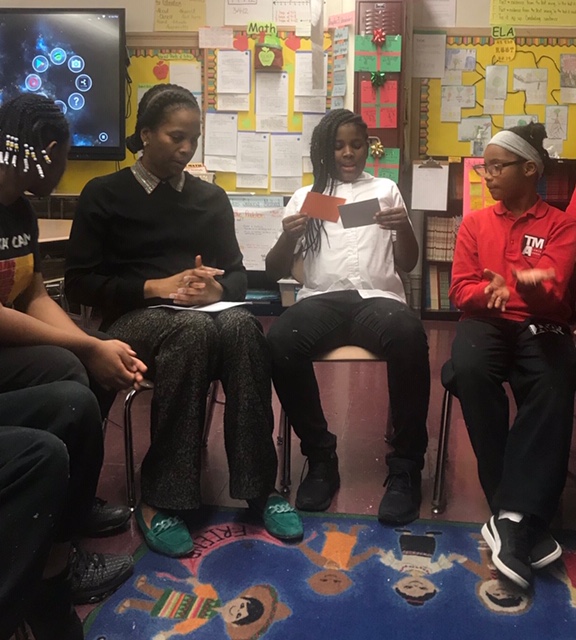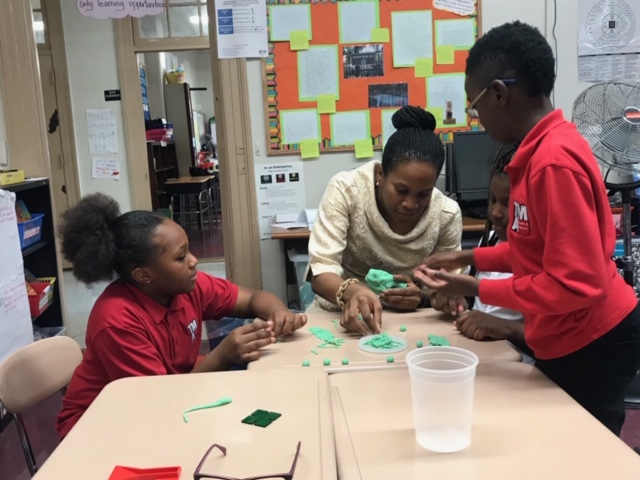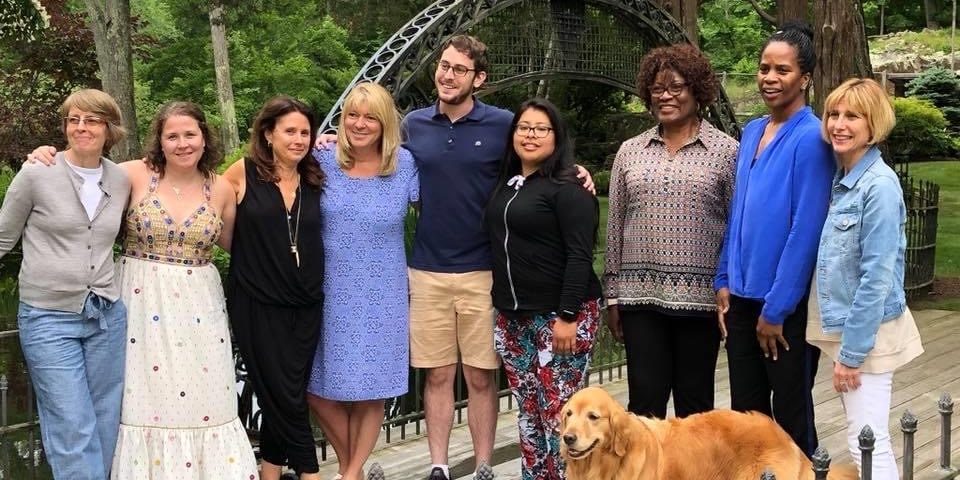In an effort to educate and spread awareness, The Meeting House hosted an important community meeting on Zoom. “Understanding Social Justice and Racial Identity’ (and the difference between the two) was facilitated by Ife Lenard, MSW, EdM. This discussion circle touched on what each of us can do to contribute to social justice and put an end to racism, as well as understand the importance of reflecting on our own identities and biases so that we can address structural and interpersonal racism. The Flawless Foundation team was grateful to have been present for this discussion circle, so check out our reflections!
Georgie, Flawless Intern
One of the biggest takeaways I found from The Meeting House’s community meeting on race was that all of us have a responsibility to talk about it. “Ambivalence” was a word that kept popping up in the discussion and we cannot be ambivalent to talking about these important topics. Instead, we need to be determined to have tough conversations, especially with children, for the sake of learning and growing. Black children often learn about race and racism from a young age, so why don’t white children learn the same? If parents and guardians take the opportunity to discuss racial identity and racial justice with their children from a young age, they are giving their children the opportunity to be educated and have empathy when they need to have these conversations without their parents present. In other words, the sooner a parent or guardian opens up the conversation about race and racism, the more prepared their child will be to start their own conversations later. I think that this is something that we can all learn from, even as adults. We should always be taking the time to educate ourselves so that we can have empathetic and honest conversations about important issues.

Joseph, Flawless Intern
The “Understanding Social Justice and Racial Identity” training was a unique, peer-to-peer working group forum. It was a conversation platform for discussing problems and engaging equitable and thoughtful solutions based on child development, race relations,social and emotional learning and social injustice. The expert speaker, Ife Lenard, recommended ways to expand knowledge, vocabulary, and mindset in an honest, meaningful, and thoughtful manner through life experience and historical research on race relations. I believe that it was crucial for this entire group to be in the forum with our hearts foremost, and, from our hearts in the mission and moment, we could then learn to be more empathetic, have more understanding, and learn from the lived experiences of all individuals. It was important, when discussing children, to have truthful, concise, and meaningful discussions about the protests regarding systemic racism and the state of the world. Kids are resilient, but it is paramount to have open conversations about these topics, instead of protecting children from all of the emotional heaviness around these issues. Whether these resources are in-person or virtual, it is important to have conversations with children and adults of all walks of life in order to manifest more understanding and meaningful change.
Harper, Flawless Intern
I noticed during this community meeting on racial identity and social justice that many educators or clinicians discussed how they have been trying to bring up the issues with the children in their schools or practices. In addition, parents asked questions about how to approach this subject with their child. It can be hard for people to talk about what is going on in our country right now, and it can be even harder to talk about it with children. However, Ife Lenard who is a scholar in racial identity and social justice work said that it is important to start teaching children about racial injustice early and educate them about the history of racial injustice in this country in order for them to understand that this country was founded on racism. Educating children early helps to combat racism in the future because they will be able to understand it better. The Meeting House has encouraged children with their social-emotional learning such as communication, empathy, perspective building, and problem-solving, which are all skills that are needed at this moment in our country. If these skills are instilled in children now, they will be able to be more open about these important issues in the future.

Tre, Flawless Fellow
After the unjust deaths of George Floyd, Breonna Taylor, and Ahmaud Arbery we saw our entire country go into mourning. Combining the emotions from these tragic deaths and the deaths of so many others that have come before them at the hands of racism and police brutality resulted in Black Lives Matter protests seen in all 50 states as well as multiple foregin countries. Now it feels as if there is a burning desire for positive change in our nation, and The Meeting House is getting out in front of this change by hosting impactful community meetings like the one we all attended. My biggest takeaway is that this discussion circle reminded me that this desire for change is a collective one amongst people from all types of backgrounds. Psychologists, instructors, parents, people of all races were on this call and discussing how it affected them. We had a mother whose daughter is one of only a few white people in her school, another mother who shared her experience being white but raising a black son, and, of course, Ife, who flawlessly facilitated the conversation and spoke to her experience being a black mother raising her son. While things may feel divided, this provides me with hope for the future as we are all affected by this, and we are all in this together.
Janine, Founder
I was deeply moved by The Meeting House’s community meeting about social justice and racial identity facilitated by Ife Lenard. To bear witness to the gathering of my colleagues, parents, educators, and clinicians in their community sharing so openly from their hearts was awe inspiring. My biggest takeaway was when Ife talked about ambivalence in how adults speak with children about these difficult topics. She reminded us that what we are modeling is so important. I immediately put this lesson into practice when we hung up from the Zoom call by emailing my team to come together on a call to process what we all had just experienced and learned. I called myself out in this meeting to demonstrate that this was my biggest learning and that I need to make it clear that we talk openly about these issues. I assumed everyone on my team knew that but I realized that my actions were more important than any policy or words. Thank you to Paula and Ife for their generous leadership in bringing the community together during such an emotionally charged time. We are so grateful.







